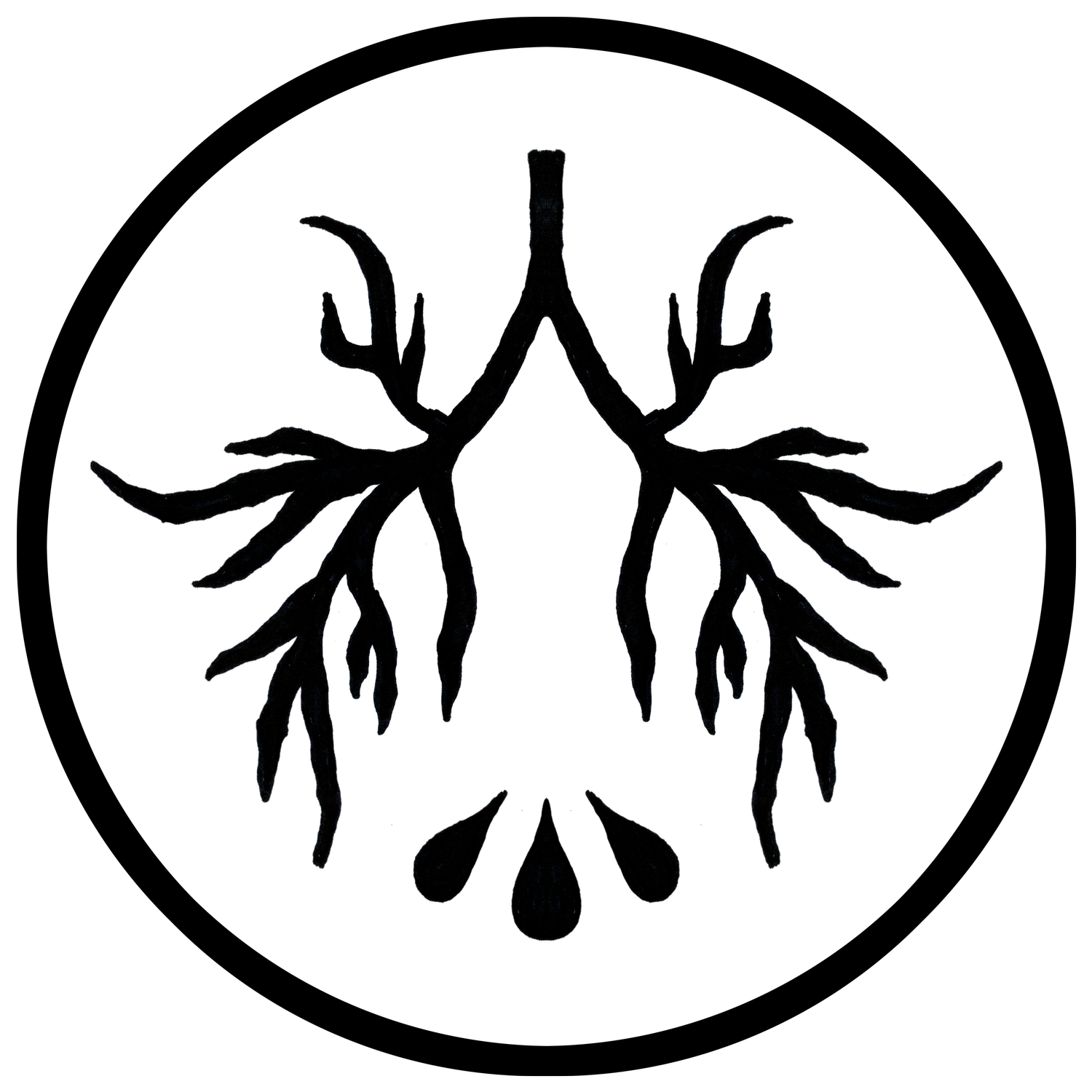He Knows We're Hunting Horcruxes
Stephen King understands fear.
This is the first time I have considered what a heavy weight he must carry — or must once have carried, at least — to understand fear the way that he does.
The book IT is not about a scary clown. It is about fear. The insidious, creeping nature of fear.
My friend Matt talked about fear like water leaking out of a cardboard box, finding the cracks, seeping through, traveling toward the ground’s lowest common denominator. The lowest hanging fruit. The unprotected parts. The soft spots. The nerve endings.
Fear floats.
The book IT is not about a scary clown.
IT is about people who run from their fear, and each refusal to face their shadow makes it grow. Follows them into adulthood. Destroys their lives. Takes their lives. Stanley takes his own life to avoid confronting his fear.
The only way to kill the clown is to face the clown, and the clown always gets bigger before it fizzles out. It grows spider legs and talons and fangs and its laugh gets louder and more shrill and its breath smells like every single thing that was once small that grew to be the size of the whole world, now cast in darkness.
It’s not until The Loser’s Club decide to face their shadows and laugh that IT dissolves into a weeping, impish nothing and disappears.
JK Rowling knows about fear, too. You know it because of the horcruxes.
What jumps out from them but the buried, suppressed and terrified parts of their revealer’s self? It’s huge. It’s overwhelming. It’s almost too much to take. The only way to overcome it is to face it head-on. The Sword of Gryffindor to the locket that reveals Ron’s jealous fear that he’ll never measure up to Harry. Dumbledore’s bitter cup that he must drink, and it is not taken away from him.
Intending to face your fears is no trivial matter.
Pray to be set free, and you can anticipate nightmares. They’re actually the answers you need, I think, just not the ones you want. I hated myself for deciding to open my eyes, at first. I thought that it would kill me. I thought that I would kill me.
Separation is the theme that runs through my darkest nights, and hell was the ultimate separator. I‘ve seen that place, where children weep and gnash their teeth.
I’ve seen The Machine.
The universe with all of its gears and metal.
I hovered above evils and saw it all with my own eyes and knew that there are depravities that none of our theologies could ever give language to.
And then follows the freedom of having faced IT and survived.
The experiential that trumps and triumphs over the ideological.
There is still something unique about You.
For a while, life — once burdened by the weight of eternity — smells like Springtime, where yokes are easy and burdens are light, and you know, experientially, this time, that the promise is real. That the news is good. That childlikeness really is the only way to live.
Then you stumble upon a creaky floorboard, and the water — which has been searching for more cracks — starts dripping.
That’s alright. You’ve been through IT before.
Your friend is still there with his flashlight, inviting all your lies into its sunbeam, where the darkness cannot overcome IT.
IT will still scare you, but now you’ve got an internal and inherent knowing to buttress it up against. A foundation. A cup full of your depth that flows with but — maybe — isn’t dependent on everyone else’s. That’s different than knowledge borrowed. This is yours, and no one can take it away from you.
You’re awake now. It’s beautiful but it’s new. You might find yourself longing for Pharaoh while you wander in the desert.
But my God, how the sun sets into the ground.
